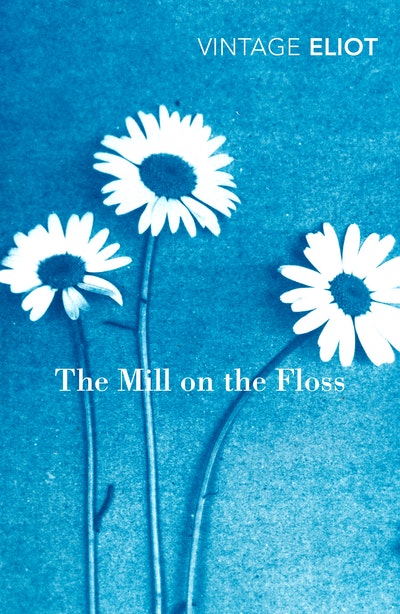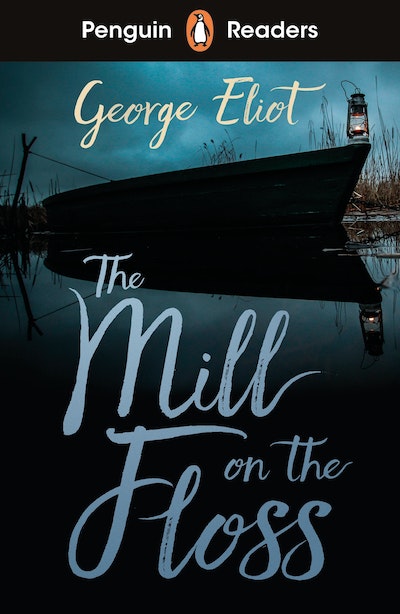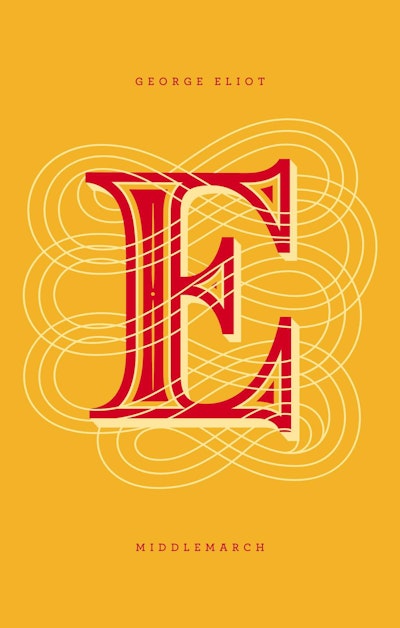[]
Play sample
- Published: 1 April 2010
- ISBN: 9780099519065
- Imprint: Vintage Classics
- Format: Paperback
- Pages: 624
- RRP: $22.99
The Mill on the Floss
Formats & editions
Buy from…
- Published: 1 April 2010
- ISBN: 9780099519065
- Imprint: Vintage Classics
- Format: Paperback
- Pages: 624
- RRP: $22.99
It was my first really grown-up book, but it is the book that wrings my heart and I feel I bump into elements of it all my life
Independent
A rich, gripping tragedy...narrative energy and emotional intelligence
Mail on Sunday
If I had an imaginary friend, Maggie was it. I loved her, I laughed with her, I agonised about her problems, I cried over her . . . and I still do...George Eliot's understanding of human nature is profound...the greatest British novelist of any age
Daily Mail
Maggie's dilemma is one that pervades much of Eliot's writing: the dilemma of head versus heart, the woman's struggle to be taken seriously as an intellect while coping with the demands of uninvited passion... Eliot dealt in human relationships and she was a mistress of the art
The Times
















